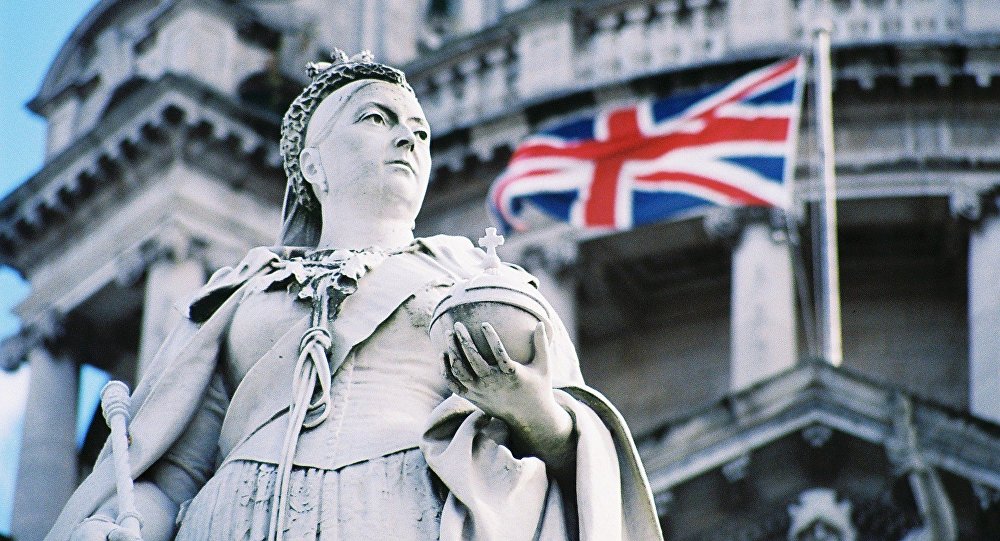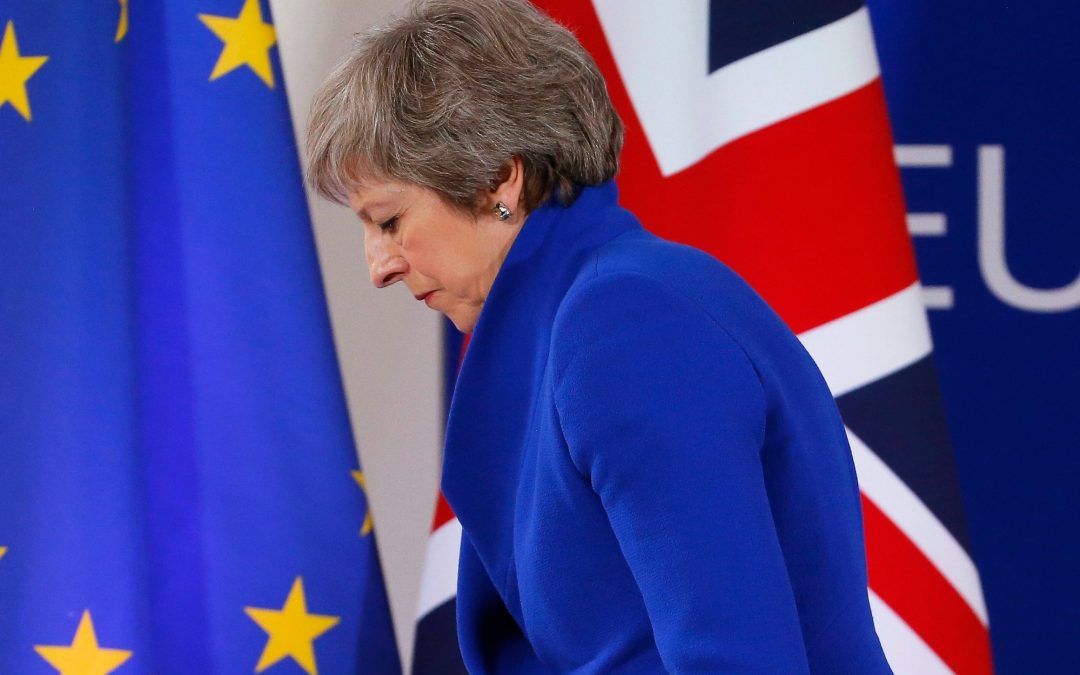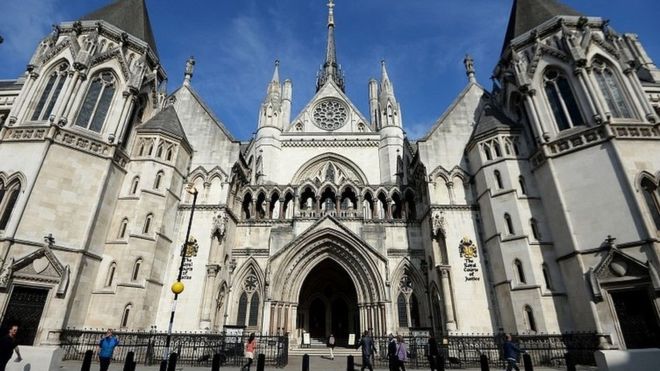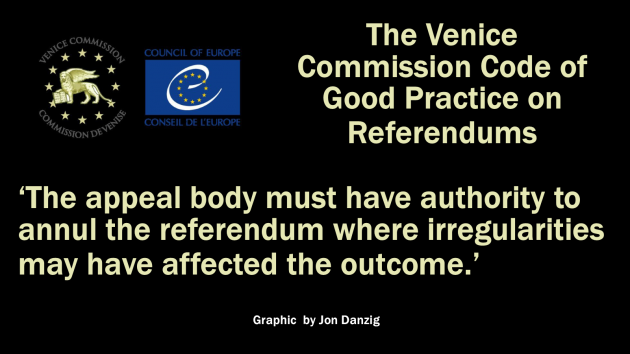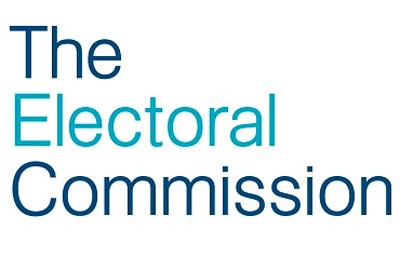
The Leave campaign broke the rules – there’s the justification for a Final Say, prime minister
As the parliamentary debate on the withdrawal agreement progresses, the call for a people’s vote becomes increasingly irresistible. A case in the High Court (Wilson and others v the prime minister) offers another argument in its favour: the government has a constitutional duty to at least re-consider whether it should proceed with Brexit.
All public bodies are subject to a legal duty, whenever they make a decision, to take all relevant considerations into account. This duty applies at every level, from district councils through to the prime minister. Where a public body fails to take a relevant consideration into account, its decision can be set aside.
The conduct of the Leave campaigns during the 2016 referendum is just such a relevant consideration. The Electoral Commission has found that Vote Leave incorrectly reported its spending and, in fact, exceed its spending limit by nearly 10 per cent. Spending limits are put in place to ensure that no side can “buy” an election. When Vote Leave exceeded its spending limit it gave itself, and by extension the entire Leave campaign, a significant unfair advantage. The Electoral Commission also found that Darren Grimes, founder of BeLeave misreported donations from Vote Leave and the campaign group “Veterans for Britain” also broke electoral rules. Grimes has denied any wrongdoing and is appealing the fine.

